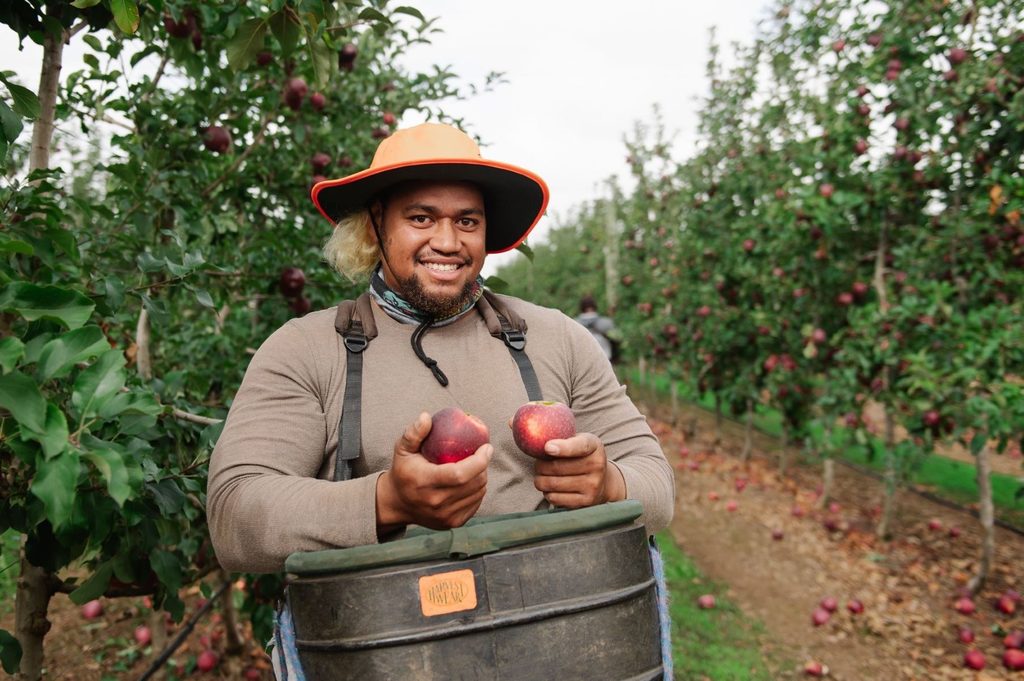The Pacific had an unusually high profile in the 2022 Australian election campaign. Labor was able with great effect to challenge the Coalition’s normally strong credentials in the national security space by claiming that it was asleep at the wheel by allowing Solomon Islands to sign a security agreement with China.
Penny Wong called it “the worst Australian foreign policy blunder in the Pacific since the end of World War II.”
One has to feel sorry for the Coalition this time round. Shadow Foreign Minister Coleman has tried to pin China’s more recent Pacific agreements — “policing arrangements with Vanuatu and Kiribati, and a strategic partnership agreement with the Cook Islands” — on Labor but hasn’t been able to cut through.
Even Timor-Leste’s announcement that it would be open to military exercises with China hasn’t caused a splash. Is this a positive sign that we are moving on from our China hysteria? Or just that voters are more focused on domestic issues this time round?
While looking at the Pacific through a China lens has many negative consequences, one positive has been the greater support it has generated for labour mobility and migration initiatives involving the Pacific. This is something we can provide that China can’t.
In the run-up to the last election, Labor announced four new Pacific labour migration reforms, reforms that were big enough, as we said at the time, to be ushering in a new era of labour mobility.
And, to its credit, Labor, in government, has by and large delivered on these, and in fact gone further.
In particular, it has introduced the revolutionary and already incredibly popular Pacific Engagement Visa (PEV). It has piloted the ending of the forced separation of families under the Pacific Australia Labour Mobility (PALM) temporary migration program.
And it has killed off former agriculture minister and National Party leader David Littleproud’s Australian Agriculture Visa (leaving only a legacy, small Vietnam pilot), which would have been an Asian PALM equivalent.
One can criticise Labor on a few points. It has over-regulated PALM, causing numbers to fall. It has not actually, as it promised to, reduced the burden of airline costs that employers pay under PALM. And it has moved too slowly with its PALM family accompaniment pilot.
But, overall, Labor has been bold and consequential on Pacific migration. The first PEV migrants have arrived.
There are some PEV teething problems, but this is to be expected, and can be sorted over time.
The enforcement of family separation under PALM is on its way out. And Labor has gone beyond its election commitments in important ways. It has introduced a very generous migration pathway for Tuvaluans under the Falepili Union.
It has introduced a pathway to citizenship for New Zealand residents in Australia, a significant share of whom are of Pacific origin.
Labor has also at least made an effort to reduce processing times for protection visa claims: a problem that originated and worsened under the Coalition, and which undermines PALM by encouraging workers to abscond.
Again, this election is very different. This time Labor is saying nothing about Pacific migration, and it is the Coalition that is putting forward proposals for change.
Unfortunately, the latter are a mixed bag. On the one hand, the Coalition’s undertaking to review PALM and reduce its regulatory burden (part of the Coalition’s National Food Security Plan, which Littleproud unveiled at the National Press Club last week) should help reverse the recent decline in PALM employment numbers.
On the other hand, the Coalition’s promise (also part of the same food security plan) to reintroduce the Agriculture Visa could be very bad for PALM, as employers, if given the choice, would rather recruit from low-cost Asia than the high-cost Pacific.
The Coalition opposed the PEV legislation when it came before Parliament in 2023. It said it supported the PEV in principle but opposed the lottery. And now in the election campaign the Coalition has revived that opposition and said it will review the PEV if elected.
A PEV without a lottery would be unworkable. The Coalition’s two main alternatives to a lottery appear to be the merging of PALM and PEV, and a skills-based PEV.
The Pacific would oppose both. There is also the risk that, given its overall commitment to cut migration, the Coalition would abolish, or at least pause, the PEV, though this would produce the greatest backlash of all.
In summary, although the profile of the Pacific in the 2025 election campaign is much lower than in 2022, the election is nevertheless highly consequential for Pacific migration.
Specifically, Coalition commitments threaten both PALM and PEV, the two signature achievements of Australian Pacific policy over the last two decades.
n This article appeared first on Devpolicy Blog (devpolicy.org), from the Development Policy Centre at The Australian National University.
n STEPHEN HOWES is Director of the Development Policy Centre and Professor of Economics at the Crawford School of Public Policy at The Australian National University. The views expressed in this article are the author’s and do not necessarily reflect the views of this newspaper.
Leader of the National Party & Shadow Minister for Agriculture, Hon David Littleproud MP. Picture: US Dept of Agriculture, Preston Keres

The Coalition commitments threaten both PALM and PEV, the two signature achievements of Australian Pacific policy over the past two decades. Picture: devpolicy.org


